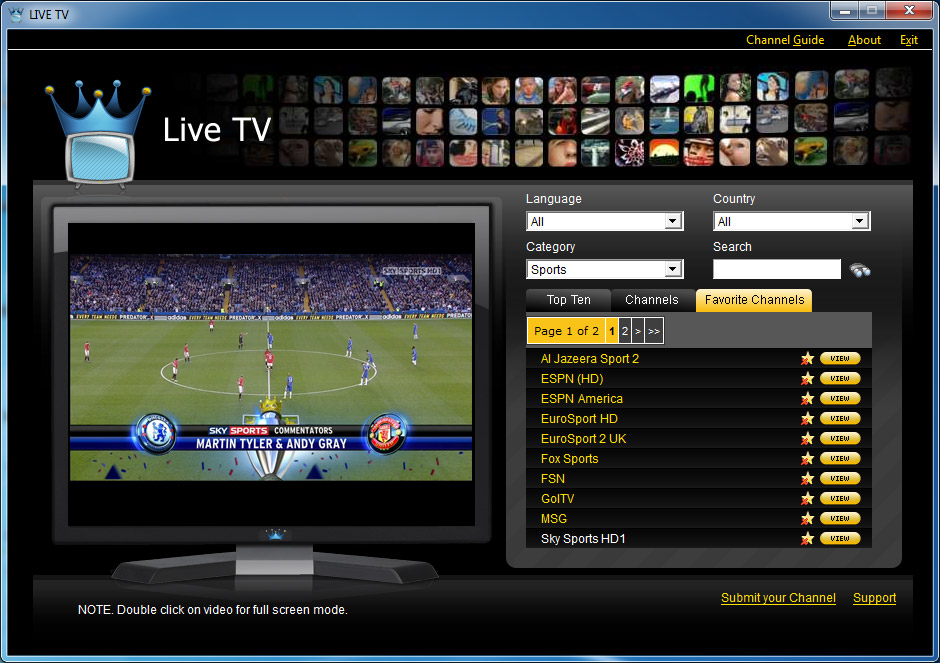The Internet has shaken the very foundations of media, there is no doubt about it. Just look at what it did to print – it’s basically killing it. Looking at ad spending for the print, in comparison to the Internet, and we see a clear pattern – ad spending for printed media has been in a steady decline for the past decade and a half, while at the same time – ad spending for online media has seen a stable growth.
It all points to one direction – the death of print. This doesn’t necessarily mean a bad thing, as the once printed media can switch to digital, save money on printing and designers, and add multimedia content for better engagement. They still haven’t figured out how to earn big money, but it will come to them, eventually.
Radio has adjusted quite nicely – it offers a free service with somewhat lower quality and ads, and a premium service with lossless music and zero ads. The approach has paid off, as radio has never been this strong. And when the Internet reaches cars (and in part it already did), we can expect online radio to flourish.
But what about TV? Free services like YouTube, on-demand content like Netflix Canada, and pay TV services are dealing huge blows to traditional TV, and it shows.
That’s why TV has decided to embrace the Internet, and as Quartz writes, the future of TV is already here. It just isn’t properly distributed.
When Dish recently secured the rights to include ABC, ESPN and other Disney owned channels into a service offered via the Internet for some$20-$30, we began to see the clearer picture:
TV is going to completely go digital. It’s going to be (a lot) cheaper than it currently is, we will be able to organize the content by subject instead of by channels, and we will be able to search for content in ways unimaginable before.
Services like the American Netflix will become widely available, on all devices, and TV will be able to follow us around, wherever we are. Don’t get me wrong, the classic, Simpsons-style family gatherings in the living room in front of the TV won’t go away, but we will no longer have to worry about getting home on time to see a particular show. If we can’t make it – we can start watching it on our smartphone or tablet.
The other benefit of going digital is the fact that we’ll be able to use our smartphones as remotes. Some people already do it, but at this point the process is bulky and complicated.
“The mobile remote can adapt to specific contexts, cutting down the number of buttons or offering you a keyboard when it makes sense,” Quartz says. “And switching between screens becomes simpler, too”.
Don’t get your hopes up just yet, though. Internet is still slow and too expensive for everyone to start watching TV 24/7, but in a few years’ time, we will forget we ever had cable TV, that’s for sure.







Recent Comments